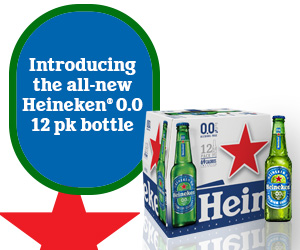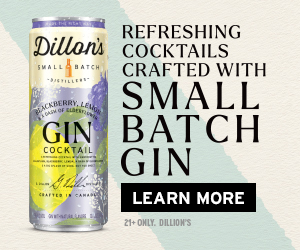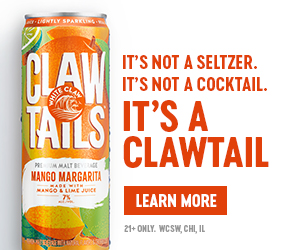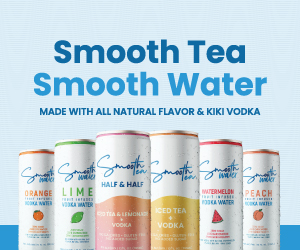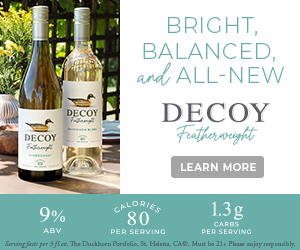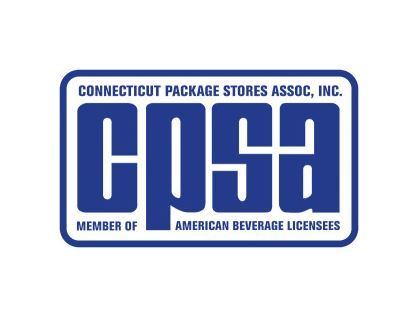

Sean Hughes, Account Director, Connecticut Package Stores Association.
By Sean Hughes
It’s easy to overlook the seemingly mundane aspects of our daily lives. Boxed wine, for instance, is often relegated to casual gatherings or picnics. But a recent news article jolted me out of this widespread perception.
Nestled among politically charged headlines on a site frequented by state legislators, a surprising announcement appeared: Connecticut was the first state to retail a higher-end boxed wine. Intrigued, I delved into the article from Forbes, which showcased a company called Gratsi, aiming to elevate the boxed wine experience. What followed was a reconsideration of my long-held assumptions about this often-maligned beverage.
Launched by individuals who were largely wine-industry outsiders, Gratsi’s mission was to enter the market with a unique product that incorporated their appreciation for quality, sustainability and simplicity. The versatility of a boxed wine is highlighted on their website, noting how it significantly increases the shelf life of wine after it’s opened—preserving both quality and flavor.
The company began with a challenge, opening their doors during the period of the COVID-19 pandemic when many business restrictions were still in place. For a while, they were limited to online sales, where they focused on marketing that would educate and change the minds of consumers on boxed wines. They were able to begin building community and connection with new and returning customers.
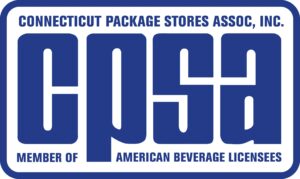 Eventually, Gratsi sought a wider audience, and the decision was made in 2023 to enter the retail market in Connecticut. By April of that year, they sold 1,000 cases. Currently, their boxed wine is sold in 385 package stores across the state. Gratsi’s success story is more than just a consumer trend, it’s a reflection of Connecticut’s unique position in the liquor industry.
Eventually, Gratsi sought a wider audience, and the decision was made in 2023 to enter the retail market in Connecticut. By April of that year, they sold 1,000 cases. Currently, their boxed wine is sold in 385 package stores across the state. Gratsi’s success story is more than just a consumer trend, it’s a reflection of Connecticut’s unique position in the liquor industry.
Our state has cultivated a balanced regulatory environment that fosters innovation while protecting consumers and providing them with always new and unique choices. This equilibrium is a delicate one, constantly threatened by those seeking to narrow the competition.
The upcoming legislative session in January will be a critical test. There will be at least 20 new members elected to the General Assembly, and heavy spending is already underway by different groups who are determined to have wine sold in grocery stores.
Several proposals to disrupt Connecticut’s liquor industry are expected to be raised again this coming year, and it is imperative that those who wish to see their businesses survive stay informed.
Articles like the Forbes feature on Gratsi are a great example of the benefit the current retail structure has for manufacturers, wholesalers and consumers. This structure has long sustained a healthy, balanced market, which, through the advocacy of the Connecticut Package Stores Association, has kept outside interests from destroying it for several decades.
By staying engaged, we can continue to advocate for new independently owned small businesses in the vibrant liquor market we enjoy today, and ensure it remains a model of success.
Find out more about any of these issues and the benefits of membership at ctpsa.com.


